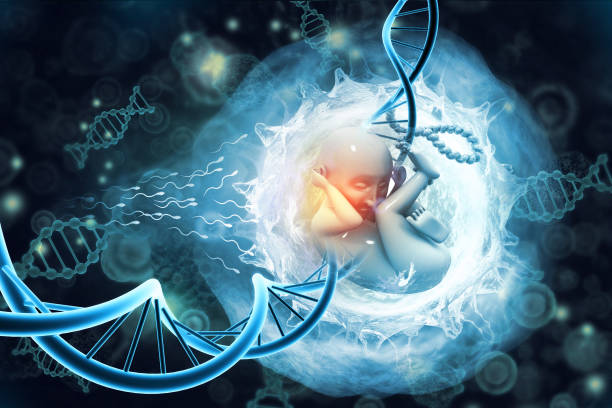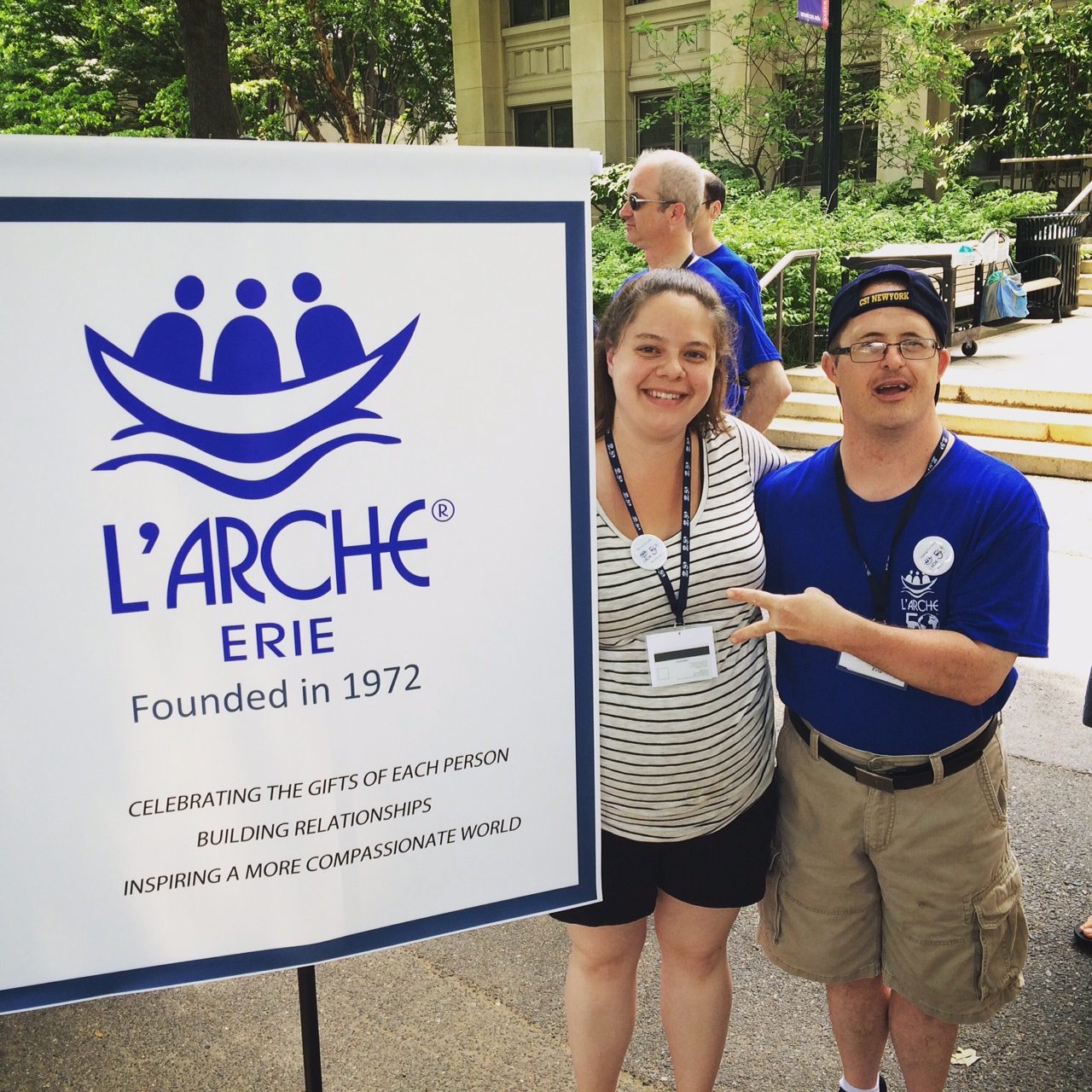Possible Preaching Themes
Possible Scientific Resources
- esus’ passion was a difficult moment in the lives of the disciples. Jesus uses recollection to help them realize his grace even in apparent tragedy.
- The hidden Jesus guides his disciples through the Scriptures, identifying for them the story of the Paschal Mystery. Yet their eyes are only opened due to an encounter with him. While knowledge of our faith is important, it can never replace a relationship with Christ.
- The trauma of the cross was not easily overcome by Jesus’ disciples. It took a new encounter with him for them to receive the Resurrection. Christ does the same for us today.
- The science of memory: https://www.nationalgeographic.com/science/article/human-memory
- Definition and explanation of visual agnosia: https://rarediseases.org/rare-diseases/primary-visual-agnosia/
- Demonstration of associative visual agnosia: https://www.youtube.com/watch?v=T1qnPxwalhw
Homily Outline Combining Resources
Possible homily outline (following theme 3 and resources 2 and 3, above):
Explanation of associative visual agnosia
- It is wonderful to watch a baby begin to build an object recognition. An object is first seen, then examined with the senses: heard, touched—sometimes even smelled and tasted! In time, as the child learns to speak, names are associated with objects. As we grow, we become less conscious of this process, but it continues to occur within us: we associate a name with sensory information received by our senses and assembled in our brain.
- Certain traumatic brain injuries and other health events can lead to a rare condition known as associative visual agnosia: a condition where an object familiar to the person cannot be identified just by seeing said object; other sensory information is necessary for identification
- An object is seen, is known to be familiar, yet the object name cannot be recalled!
- Once other sensory information is added—sometimes smell, often touching the object, or imagining interacting with the object—the name of the object becomes clear.
- The memory and understanding of the object do not go away; however, they are somehow obscured or veiled due to brain injury.
The two disciples on the road to Emmaus appear to be experiencing a “spiritual agnosia”
- Traumatized by the Crucifixion: we can sometimes lose sight of how traumatic this event was for Jesus’ first and closest followers.
- Jesus was not supposed to die like this: he came to “bring glad tidings to the poor, to proclaim liberty to captives, recovery of sight to the blind, and to let the oppressed go free” (cf. Lk 4:18)
- His body is missing from the tomb, and rumors are beginning to spread about him being alive
- Jesus appears to them, yet they do not recognize him directly
- Jesus explains the Scriptures and the prophecies about him
- Some level of recognition occurs: “Were not our hearts burning within us?”
- It is not until they touch Christ, receive His Body and Blood in the Breaking of the Bread, that they come to full recognition of who He is.
How often do we encounter Jesus without fully realizing we have done so?
- We encounter Jesus in life’s blessings, in moments of great joy, in our pains and sufferings, in our brothers and sisters in need (“What you did for the least of these, you did for me,” Matt 25:40)
- Yet how often are we unaware that it is Jesus whom we have encountered? We may acknowledge some encounter as “good,” “meaningful,” or “powerful,” yet we fail to name why our hearts may burn within us
Like the two disciples on the road to Emmaus, the Eucharist is our eye-opening encounter with Jesus
- It helps us identify those experiences as encounters with our Risen Lord
- We bring ourselves, our experiences, our joys and sufferings into the Mass with us
- not just bread and wine to be offered, but our whole selves (“Pray, brothers and sisters, that my sacrifice and yours may be acceptable to God, the almighty Father.”)
- We celebrate the Eucharist in moments of joy (weddings, Baptisms, anniversaries, transitional moments in life), moments of sadness (funerals, local and global tragedies), and the happenings of everyday life.
- We come together as the Body of Christ—not individually, but united together across our diversity and differences
- All that we bring is wrapped up in our offering
- What we offer is returned to us, sanctified as bread and wine become the Body and Blood of Christ
- Our experiences return to us sanctified, revealed to be encounters with Christ
- Do we think to bring each day’s or week’s experiences with us into Mass? Is the Eucharist just something we receive, or do we let it change us?
- Knowing Jesus in the breaking of the bread helps us to know him elsewhere
- After the encounter on the road to Emmaus, the disciples are prepared to know Jesus in future encounters
- In the breaking of the bread, we come to know of our encounter with Jesus. Once our spiritual agnosia has been healed, we come to realize how often we encounter Jesus.
- Like the two on the road to Emmaus, we then must proclaim the good news: We have seen the Lord!
Related Homily Outlines
Couldn’t find what you’re looking for?
Try searching with another filter

Preaching with Sciences

Edward Foley, Capuchin
Duns Scotus Professor Emeritus of Spirituality
Professor of Liturgy and Music (retired)
Catholic Theological Union
Vice-Postulator, Cause of Blessed Solanus









